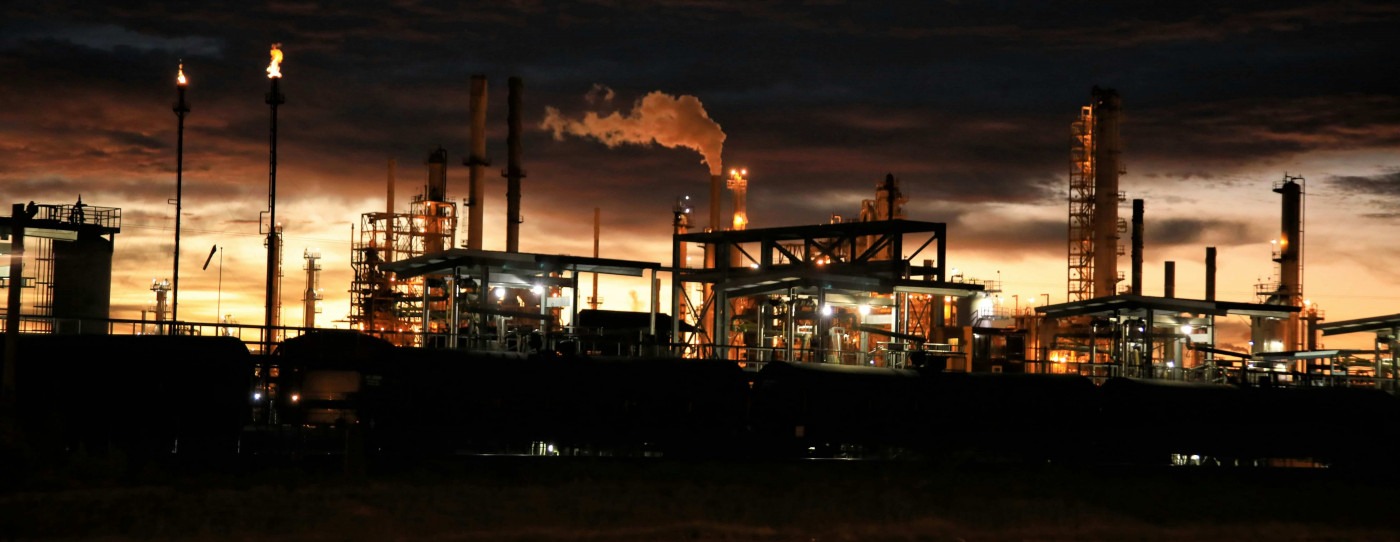Petrochemicals and Texas’ climate crisis: environmental racism and social injustice
The expansion of the petrochemical industry in Texas has resulted in health hazards and increased death risk in the local population, according to an investigation done by Amnesty International.
It was found that there had been an excessive amount of toxins released by fossil fuel companies over the last 20 years. Toxins are released into the air, waterways, and land through the burning of chemicals, oil refineries and other industrial processes.
Different toxins cause different health hazards to humans. However, they all tend to be linked to respiratory and cardiovascular problems. Short-term exposure can lead to irritation of the respiratory system, whereas long-term exposure has been found to be linked with a higher risk of cancer and cardiovascular disease.
Despite heavy complaints from the local community, only 3% of all unpermitted emissions are actually penalized.
Despite heavy complaints from the local community, only 3% of all unpermitted emissions are actually penalized. The local law has a loophole – “affirmative defence”. When companies describe the emitted pollution as “unplanned and unavoidable”, they could plead for a waiver and be exempt from sanction. This loophole is continuously exploited by companies and such action is tolerated by the court – 85% of those appeals are granted waiver. This lack of enforcement encourages petrochemical companies to emit even more chemicals.
There is no zoning regulation in cities, therefore the factory could sit right beside the resident area. This results in local residents being continually exposed to air pollution, water pollution, and sound pollution, damaging their right to health and a clean environment.
The communities that are more affected are black and Hispanic populations with low income, which exacerbates the racial inequality in the United States. “It is environmental racism,” said Alysha Khambay, Amnesty International’s Researcher on business and human rights. The districts that are most affected by pollution have seen to have a high amount of low-income POC residents. More than 80% of the population in Houston City, the area closest to a refinery factory, is Hispanic, with almost half of the population with an annual household income under $25,000. Health hazards in those neighbourhoods are observed widely. Amnesty interviewed 29 residents in the area and, among them, 15 reported that they or their close family members had been diagnosed with a respiratory cancer.
The life and health of those residents are being sacrificed to foster the prosperity of fossil fuel companies
Some racially marginalised neighbourhoods close to pollution emitters have a life expectancy that is 20 years less than that of white neighbourhoods nearby. These neighbourhoods are being called the “sacrificed zones” by Amnesty International. The life and health of those residents are being sacrificed to foster the prosperity of fossil fuel companies. This injustice can be considered a demonstration of the unfortunate systemic racism in the United States.
Working in a petrofuel company, Juan’s father died of a heart attack at 51. A year later, Juan was informed of a high risk of developing cancer. The workers of these companies are affected the most: the high concentration of toxins leads to health hazards, and additionally, the frequency of work-related accidents puts workers’ lives at risk. In 2023, ExxonMobil Baytown, an oil refinery company, was obliged to compensate 5 workers who were injured from an industrial explosion.
However, exposure to toxins doesn’t have to continue being the norm for disadvantaged residents in Texas. Even though the fossil fuel industry currently provides 450,000 jobs in the state, it is estimated that the transition to clean energy could result in 1.1 million jobs in the next two decades.
It was suggested by Amnesty that the state government should enforce compensation towards the local community to alleviate the health problems they face, and reprimand companies exploiting loopholes with the aim of transitioning towards the clean energy sector.

Comments